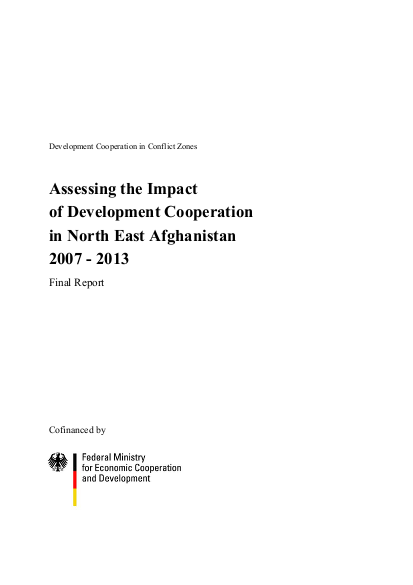
The following findings are based on four mass surveys conducted in Northeast Afghanistan (up to 3000 households) in 2007, 2009, 2011 and 2013, and on qualitative research.
Development aid has a positive impact on how respondents perceive the responsiveness of subnational governance. We find that aid correlates positively with a higher perceived responsiveness of the sub-national administration. Working with and through sub-national governance structures is therefore a promising strategy for aid organizations working in Afghanistan. Under certain conditions development aid can have a positive impact on attitudes towards development actors. We find a positive association between more aid and increasingly positive attitudes in 2007, and again in 2013, when districts were relatively peaceful and stable. In 2009 and 2011, however, when most districts suffered from insurgent and counterinsurgent violence, this association disappears. We also find some evidence that development aid may have a positive impact on security. We find positive associations between aid and perceived security in 2011 and 2013 (but not in 2007 and 2009). It is possible that these positive associations have emerged over the last three years as a result of the continued and reliable cooperation between villages and development actors. Respondents feel less threatened because they have come to believe that development cooperation will continue. A less optimistic interpretation is that the observed positive associations in 2011 and 2013 are due to the fact that aid was allocated mainly to secure regions. This is, however, less likely since some major stabilisation-focused aid programmes included or even focused on more insecure areas.